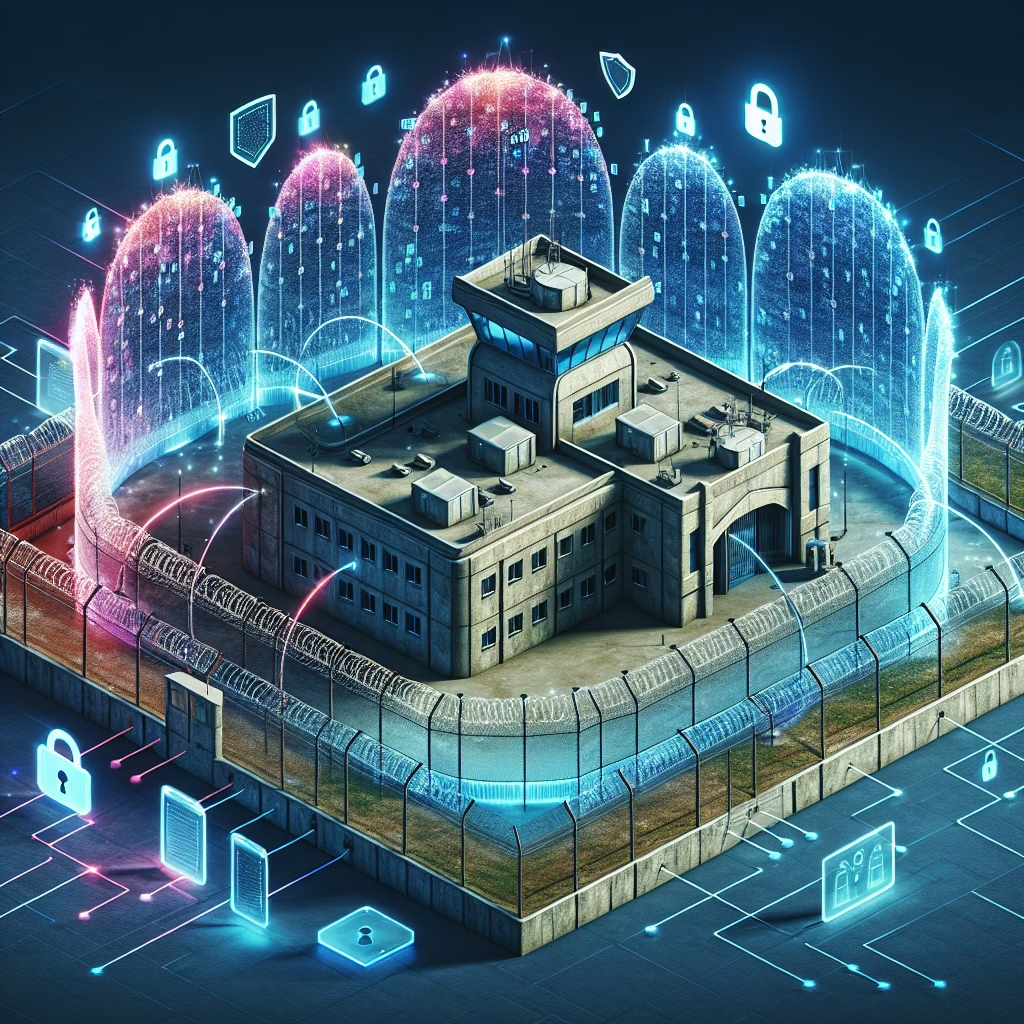In a world where technology is advancing at breakneck speed, it seems that the U.S. military and defense contractors have found themselves in a bit of a pickle. Recently, they were targeted by a particularly nasty strain of infostealer malware. But fear not! This unfortunate event is not without its silver linings.
First off, let’s take a moment to appreciate the sheer audacity of cybercriminals. Who would have thought that targeting the military and defense contractors would be a good idea? It’s almost as if they’re saying, “Hey, we’re not afraid of the big guys!” This boldness is a testament to the ever-evolving landscape of cybersecurity threats, and it serves as a reminder that no one is invulnerable.
Now, you might be wondering, what exactly is infostealer malware? Well, it’s a delightful little piece of software designed to sneak into systems and extract sensitive information. Think of it as the digital equivalent of a pickpocket, but with a much larger target. While it’s certainly alarming to think about the potential consequences of such breaches, it’s also an opportunity for growth and improvement in cybersecurity measures.
As the military and defense contractors scramble to address this breach, they are likely to invest more in their cybersecurity infrastructure. This means more jobs in the cybersecurity sector, which is always a plus! Who doesn’t love a good job creation story? The more resources allocated to cybersecurity, the better prepared we will be to fend off future attacks. It’s a win-win situation!
Moreover, this incident highlights the importance of vigilance and awareness in the digital age. It’s a wake-up call for organizations everywhere to take their cybersecurity seriously. If the military can be targeted, what does that mean for the average business or individual? It’s a reminder that we all need to be proactive in protecting our digital lives. So, let’s raise a toast to the hackers for reminding us to change our passwords regularly and to enable two-factor authentication!
But wait, there’s more! The exposure of these vulnerabilities can lead to increased collaboration between the public and private sectors. As companies and government agencies work together to bolster defenses, we can expect to see innovative solutions emerge. Who knows? This could be the catalyst for the next big breakthrough in cybersecurity technology!
And let’s not forget about the educational opportunities that arise from such incidents. Cybersecurity breaches provide invaluable case studies for students and professionals alike. They serve as real-world examples of what can go wrong and how to prevent it in the future. So, while the military and defense contractors may be licking their wounds, the rest of us can learn from their experience.
In the grand scheme of things, this malware attack is just a bump in the road. It’s a reminder that we live in a world where technology is both a blessing and a curse. While it’s easy to focus on the negative aspects of such breaches, let’s take a moment to appreciate the resilience of our systems and the dedication of those working tirelessly to protect us.
So, what can we take away from this situation? For one, it’s a reminder to stay informed and vigilant. Cybersecurity is everyone’s responsibility, and we all have a role to play in keeping our information safe. Secondly, let’s celebrate the advancements in technology that allow us to combat these threats. The more we invest in cybersecurity, the more secure we will be in the long run.
In conclusion, while the U.S. military and defense contractors may be facing a challenging time, there are plenty of positive takeaways from this incident. It’s an opportunity for growth, collaboration, and education in the ever-evolving world of cybersecurity. So, let’s keep the conversation going! What are your thoughts on this malware attack? How do you think organizations can better protect themselves? Share your views in the comments below!

